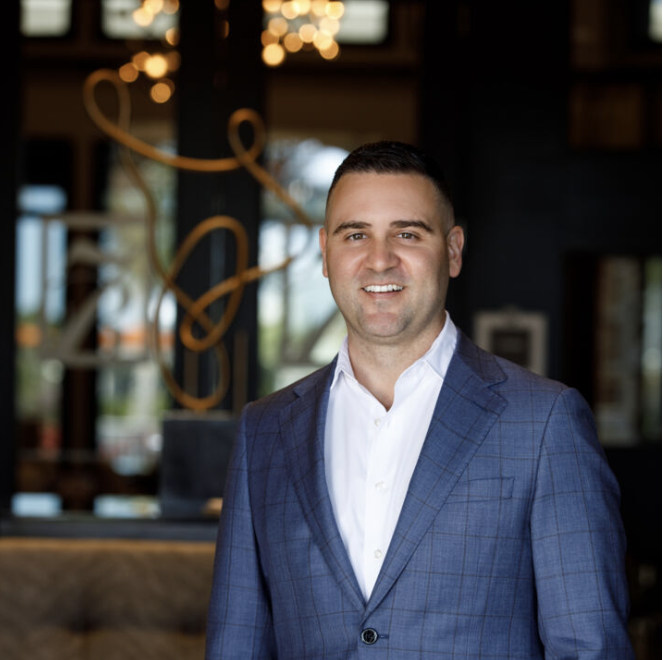76% of Business Leaders Want to Strengthen Their Own Mental, Physical and Ethical Fitness
Leaders are increasingly embracing a balanced leadership style, yet 67% say the current economic climate has made prioritising these three pillars of leadership more difficult
New data released today by Babble, a leading Cloud Solution Provider and title partner of Babble Ride Across Britain, shows the new demands business leaders are facing across the UK with a new three-pillar leadership framework, Fit to Lead. Fit to Lead is a balanced approach to leadership, rooted in three fundamental pillars of fitness; physical, mental, and ethical fitness.
All three pillars are crucial for leaders and their teams to succeed and are inspired by the Babble Ride Across Britain – a collaborative 9-day, 980-mile cycling journey, formerly known as the Deloitte Ride Across Britain. More than just a cycling challenge, it represents the camaraderie, shared purpose, and collective effort inherent in true leadership.
Analysing data from 500 UK business leaders, from director level and above, the findings from Babble’s ‘Fit to Lead’ survey reveal that 69% of leaders are confronted with employee demand to change their leadership habits. This signifies a shift away from the mentality that work must seep into every aspect of their lives, replaced by one recognising the need for a more balanced approach.
This is especially important in the face of a rapidly evolving landscape, including accelerating technology innovation, particularly around the opportunities and ethical challenges of AI, as well as the macroeconomic outlook and changing employee demands.
Encouragingly, 73% of respondents say they’ve adopted this shift, and 67% of respondents agree that embracing this approach to leadership is beneficial for themselves and their business.
Matt Parker, CEO at Babble, says “This insight is why we’re introducing Fit to Lead, a new framework for leadership. We need to move beyond traditional thinking around what it means to be an effective leader and consider the critical role of the three pillars identified in this study for business leadership.
“Physical fitness, for example, isn’t just about sheer brawn or endurance. It encompasses the skills gained through participation in any physical activity – from walking to running a marathon. When I’m cycling for 9 days for RAB, for example, the only thing I can do is think. It’s valuable time allowing me to consider how to make Babble a better business for my team and the wider communities we serve.”
Economic impact
Despite wanting to dedicate more time to the three pillars of fitness, 67% of leaders say they have deprioritised personal well-being due to the current economic climate. Rising inflation alongside the cost-of-living crisis means businesses are stretched and trying to stay afloat. This uncertainty only looks to continue this year, with recent ONS data showing that just 14% of British businesses reported higher turnover compared to the previous year at the start of 2024.
To navigate this turbulent period, business leaders should explore the Fit to Lead framework to ensure the effective operation of their organisations. By prioritising three-pillar fitness, business leaders will not only be armed with the resilience to weather the storm themselves but also create a culture of resilience that runs throughout the business.
Generational influence
While there has been a shift away from a ‘rise and grind’ culture overall, there is a generational difference. Respondents aged 55 and above experience this shift more acutely, with 86% of respondents agreeing there has been a greater focus on work-life balance. Conversely, only 55% of the youngest demographic (aged 18-24) share the same sentiment.
Older leaders recorded the highest levels of mental fitness (63%), while the youngest cohort scored significantly lower (37%).
Matt Parker continues, “Younger generations are hungry to get ahead, so it’s no wonder they are more focused on career progression, often at the cost of balance across the three pillars.
“The brain is like any muscle; push it in the right way and it will get stronger but push it too far and it will shut down. All leaders should remember that we are not superhuman, life is meant to be fun and at the top, we are meant to set an example. I have found that if you publicly commit to the three pillars then you will be far more convincing as a ‘three-pillar’ role model, particularly to younger leaders who may need reminding through example that success is often about playing a long game.”
Businesses need to acknowledge and cater to the diverse needs and perspectives of their multigenerational workforce. While older generations might appreciate flexible work options for different reasons than their younger counterparts, the overall desire for a healthier work-life balance resonates across all ages and businesses sometimes need to protect young leaders from themselves.
Matt Parker finishes, “Business leadership has changed more in four years than in the last forty, accelerated by home working and the opportunities and challenges of new technologies like AI and cloud. There is also a greater expectation that you use your power to be a force for good.
“While findings in this study show a clear move towards a more balanced three-pillar approach to leadership, business leaders cannot regress in the current climate. By embracing the opportunity to feel better, stronger and happier, they will be armed with the skills to weather any potential storm.
“It’s a virtuous circle. The fitter I become, across all three pillars, the better leader I will be – not just for the business and our teams, but for everyone we can impact in the widest sense, the charities we support, the communities we serve and the planet itself.”







